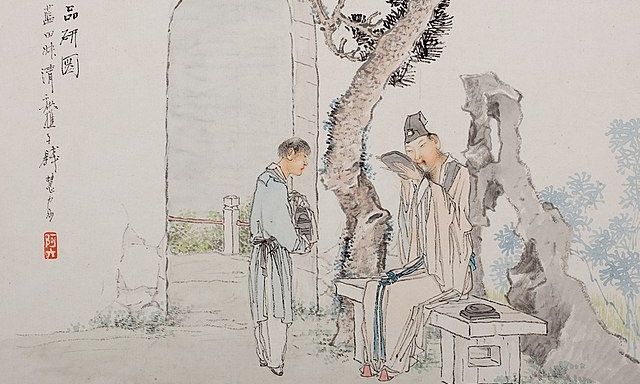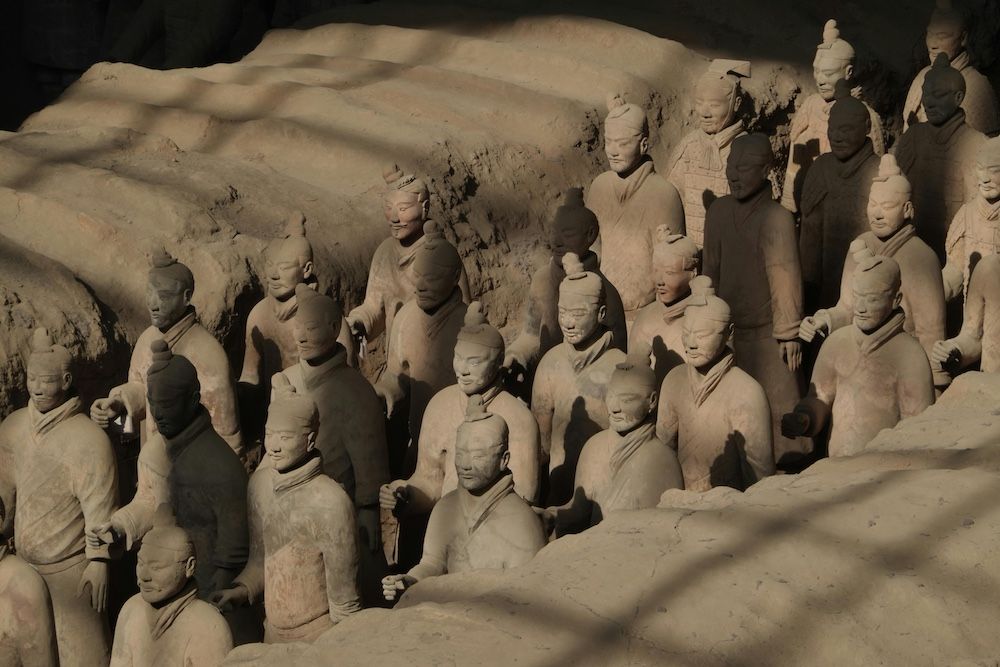Su Shi (苏轼), also known as Su Dongpo (苏东坡), is one of the most revered figures in Chinese literature and culture. His influence stretches far beyond poetry, encompassing calligraphy, painting, and statecraft. Living during the Song Dynasty (960-1279 AD), Su Shi’s works and ideas have left an indelible mark on Chinese cultural history.
Born in 1037 in Meishan, Sichuan Province, Su Shi was a child prodigy with a remarkable intellect. He and his younger brother, Su Zhe (苏辙), were known for their literary talents from a young age. Su Shi's father, Su Xun (苏洵), was also a scholar and writer, providing a rich intellectual environment that nurtured his talents.
Su Shi’s literary output was vast and varied, reflecting his deep understanding of both classical Chinese traditions and contemporary issues. His poetry is celebrated for its naturalness, philosophical depth, and emotional resonance. He excelled in various forms of poetry, including ci (词) and shi (诗), and his works often explore themes of nature, personal reflection, and the human condition.
One of his most famous works is the “Red Cliff Ode” (赤壁赋), which reflects on the historical Battle of Red Cliffs and explores themes of fate and the passage of time. Another notable piece, “Midnight Song” (夜泊牛渚怀古), combines historical reflection with vivid imagery of the night and river. In addition to his literary achievements, Su Shi was an accomplished calligrapher and painter. His calligraphy, characterized by its bold and expressive style, is considered one of the Four Masters of the Song Dynasty. His approach to painting, though less systematic, was innovative, often blending elements of poetry and painting in a manner that was highly influential.
Su Shi’s career was marked by significant political and administrative roles. Despite his political achievements, he faced periods of exile and persecution due to his outspoken nature and criticism of the government. These experiences deeply influenced his writing, imbuing it with a sense of resilience and philosophical depth. Su Shi’s philosophy can be seen in his approach to life and literature. He embraced a pragmatic and often optimistic view, finding beauty in simplicity and expressing a profound appreciation for nature and life’s transient beauty.
Su Shi’s impact on Chinese literature and culture is profound and enduring. His works continue to be studied and admired for their artistic excellence and philosophical insights. His innovative approach to poetry, calligraphy, and painting set new standards in these art forms, and his thoughts and writings continue to inspire scholars and artists.
In modern China, Su Shi is celebrated not only for his artistic talents but also for his resilience and contributions to Chinese intellectual and cultural history. His life and works remain a testament to the richness and diversity of Chinese classical literature.
Su Shi's legacy is a reflection of his genius across multiple disciplines. His poetry captures the essence of the human experience with elegance and depth, while his contributions to calligraphy and painting have left an enduring influence on Chinese art. As we explore his life and works, we gain a deeper appreciation for the complexities and beauties of both historical and contemporary Chinese culture.




